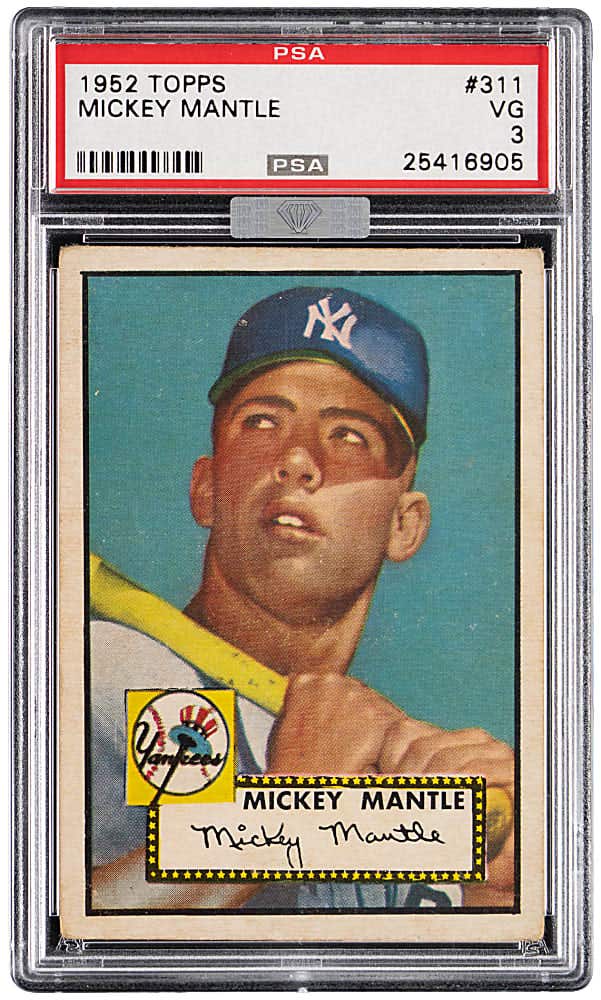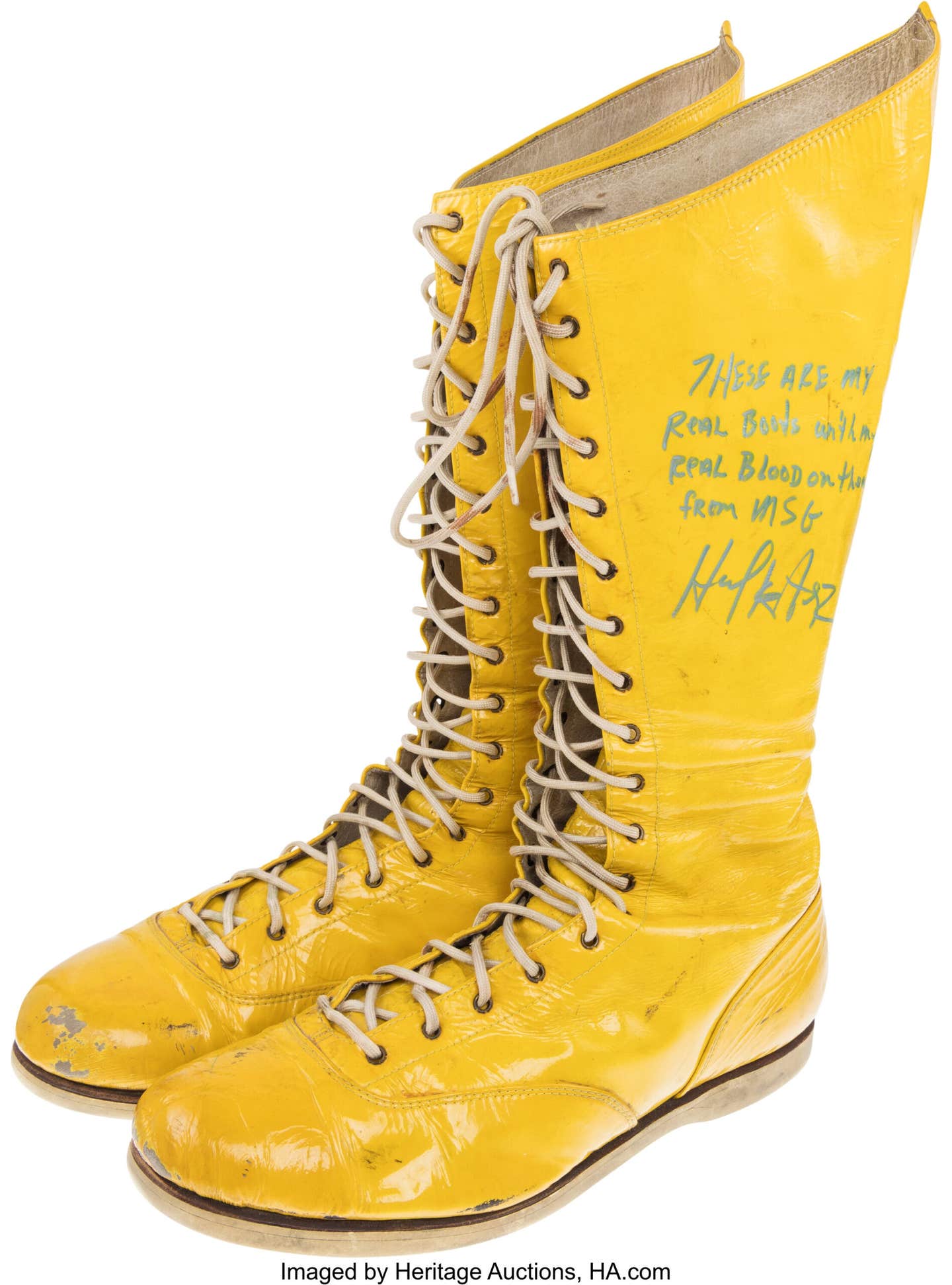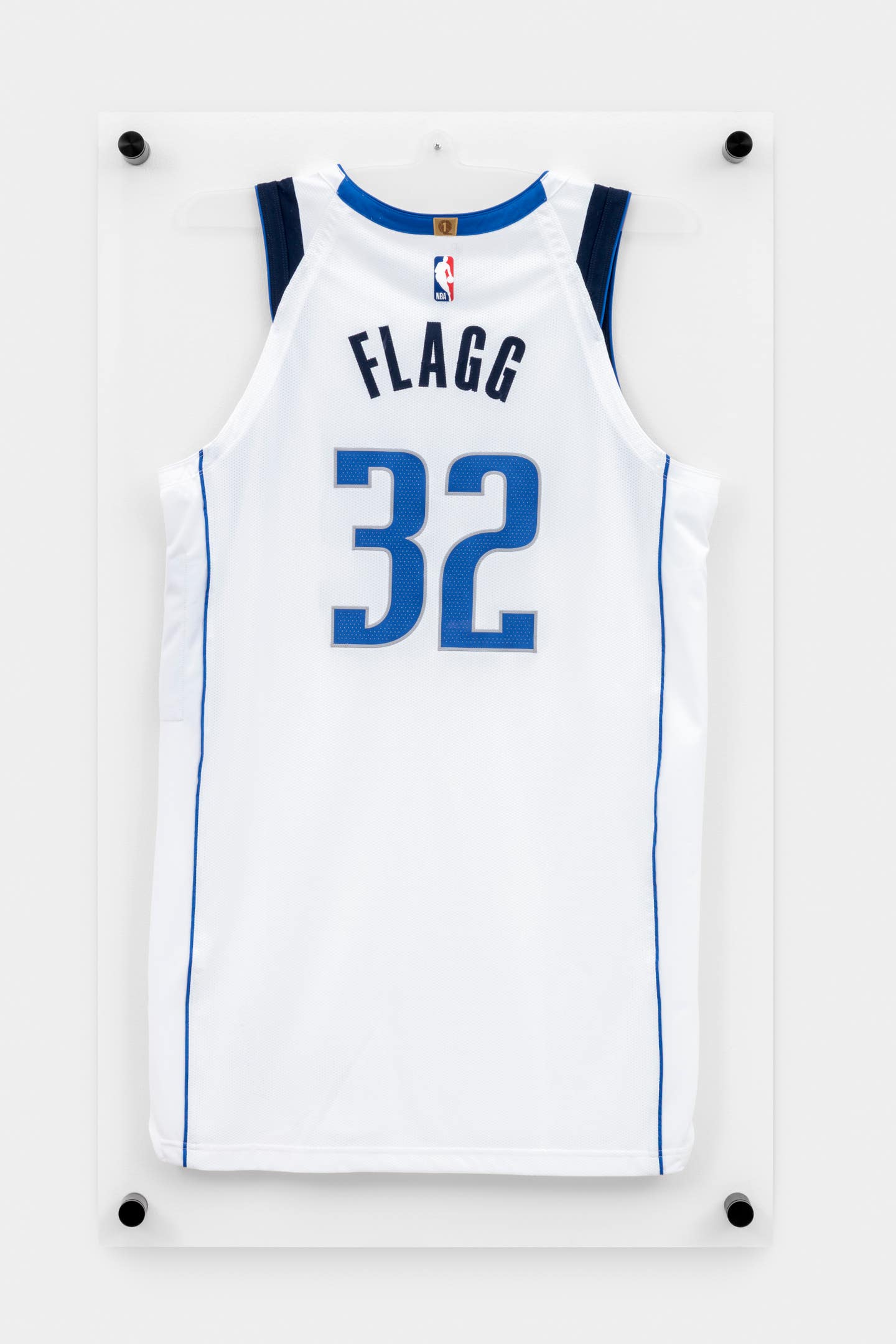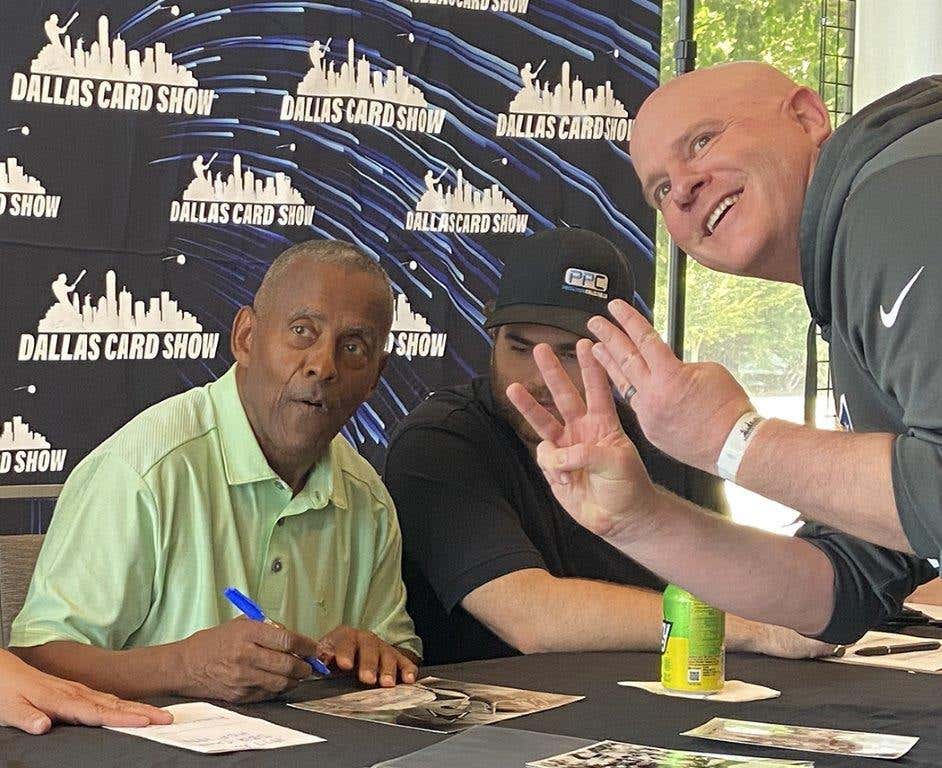Memorabilia
Visiting Places of Baseball History Related to Jackie Robinson
By Paul Post
Alvin Harris can’t wait to see his handiwork in the movie 42 starring Chadwick Boseman as Jackie Robinson and Harrison Ford as Branch Rickey.
When film crews showed up at historic Rickwood Field, America’s oldest ballpark, in Birmingham, Ala., they didn’t know how to chalk the foul line running from home plate to first base.
So Harris, the park’s head groundskeeper, came to the rescue and earned a nickname in the process.
“I made such a straight line, they called me Radar,” he said, smiling. “That’s my new name. Alvin ‘Radar’ Harris!”
He protects the historic stadium, which opened on Aug. 18, 1910, with tender loving care, but welcomes each guest like royalty, pointing out hidden features they wouldn’t know about otherwise. For example, there’s a gap in the wooden outfield fence where people can go to see the park’s original perimeter, a roughly 10-foot high concrete wall. It’s a mind-boggling experience because a bronze plaque indicates the spot where Walt Dropo once hit a ball an amazing 467 feet from home plate.
Just inside the stadium’s main gate, behind home plate, an assemblage of old black-and-white photos depicts many of the most famous players and feats associated with Rickwood. A small green pamphlet invites guests to take a self-guided tour that leads them from the press box to pitcher’s mound.
Rickwood is one of three old-time Southern ballparks featured in the movie 42; Engel Stadium in Chattanooga, Tenn., and Luther Williams Field in Macon, Ga. are the others.
Rickwood, by far, is the most historic.
It’s where a teenage Willie Mays led the Birmingham Black Barons to the 1948 Negro American League championship, where Reggie Jackson hit towering shots over the right field grandstand before getting called up to the Oakland A’s and where Babe Ruth clouted the “longest” home run in recorded history, a blast that left the stadium and landed in a passing train that carried the ball out of sight.
In its early years, Rickwood was a favorite destination for barnstorming tours that brought all-time greats Ty Cobb, Honus Wagner and Ted Williams to Birmingham, along with Negro League sensations Satchel Paige, Cool Papa Bell and Josh Gibson. All told, an incredible 107 Hall of Famers have stepped foot on Rickwood’s hallowed ground – from Yankee broadcaster Mel Allen to fiery managers Leo Durocher and the recently deceased Earl Weaver.
However, one of the most memorable events ever staged there occurred on Oct. 18, 1949, when Jackie Robinson’s All-Stars – including Dodger teammates Roy Campanella and Don Newcombe – squared off against Black Baron All-Stars whose roster included an 18-year-old Mays and many Negro League greats including future Hall of Famer Buck Leonard, first baseman for the Homestead Grays.
Robinson had just finished leading the National League champion Dodgers to their second World Series appearance in three years, while capturing the National League batting title with a .342 mark. Soon after, he would be named the senior circuit’s Most Valuable Player.
The Birmingham World newspaper described the contest as “the greatest baseball attraction ever to hit Birmingham.”
“Welcome signs are being put out for the fabulous major league stars, idols of a baseball loving America,” the report said.
Robinson’s team won, 9-3, led by Cleveland Indian Larry Doby, the American League’s first African-American player, who went 2-for-3 and stole home. “Robinson played brilliantly at second,” the World reported. “Jackie socked a single and double in four tries.”
Rickwood hosted professional baseball for nearly a century, although much of it was segregated. The Negro League Black Barons played there until 1963, and the Southern League’s Barons until 1987.
Since then, they’ve been in nearby Hoover, Ala.
But Birmingham welcomed the Barons back this year with the April 10 opening of gleaming new Regions Field, a $64 million baseball edifice.
Today, Rickwood is primarily used for local school and youth games. However, the Barons play there once per year in the Rickwood Classic, which keeps interest in the old ballpark alive.
Last year’s game was staged as a tribute to “War Time Baseball,” to honor the hundreds of pro ballplayers who served their country during World War II and the Korean War. Former Atlanta Braves MVP Dale Murphy threw out the ceremonial first pitch and signed autographs for fans.
The fact that black and white athletes now play side-by-side there is a fitting tribute to Robinson’s courage, part of his legacy as a civil rights advocate that continued long after his playing days were over.
This spring marks the 50th anniversary of one of the ugliest incidents in that struggle for racial equality, the day Birmingham’s Public Safety Commissioner Eugene “Bull” Connor turned attack dogs and high-pressure fire hoses on non-violent demonstrators, just a few miles from Rickwood.
Today, statues in peaceful Kelly Ingram Park recall those scenes and honor the heroes who fought and died in their quest for freedom.
Robinson went to the Deep South during those turbulent times to lend his support. His legend, as an athlete and advocate for social justice, still burns bright in his native Cairo, Ga., where more than 600 people – including Robinson’s daughter, Sharon, former heavyweight boxing champion Evander Holyfield and Olympic basketball star Teresa Edwards – turned out on March 17 to dedicate the new Jackie Robinson Ball Park.
The field is a source of inspiration and municipal pride. A local Boys and Girls Club was also renamed in his honor.
Robinson’s birthplace, about five miles south of town, is marked by a simple historical plaque surrounded by roses and a brick chimney – all that remains of his first home. The site is all alone, cut out of a wooded area in the Georgia pines.
The spot is so remote that travelers heading north from Tallahassee, in the Florida Panhandle, cross into Georgia without even knowing it. There’s even a considerable stretch of unpaved road made of bright red clay, before reaching Hadley Ferry Road, where Robinson was born.
Robinson’s mother took him to California at a young age, where he became a four-sport star at UCLA, before serving his country in the military and then changing the world as major league baseball’s first African-American player.
Having parts of 42 filmed at Rickwood Field, in Birmingham, once considered the most segregated city in the South, is a fitting testament to Robinson’s legend and legacy.
In 2008, he was one of the first three players honored during an inaugural Character and Courage ceremony at the National Baseball Hall of Fame in Cooperstown. Life-size statues of Robinson, Lou Gehrig and Roberto Clemente are on permanent display.
“We always knew from the very beginning that we had important goals to meet,” Rachel Robinson, Jackie’s wife, said at the time.
The movie 42 documents the unrelenting insults, obstacles and challenges they endured during their struggle for acceptance in baseball and life.
“I didn’t sit by, I walked with him by his side and experienced the same things he experienced,” Rachel said. “Instead of being bitter we decided that was what he had to do to get where we wanted to be and where we wanted our people to be in this nation.”
Paul Post is a freelance contributor to SCD. He can be reached at paulpost@nycap.rr.com.








